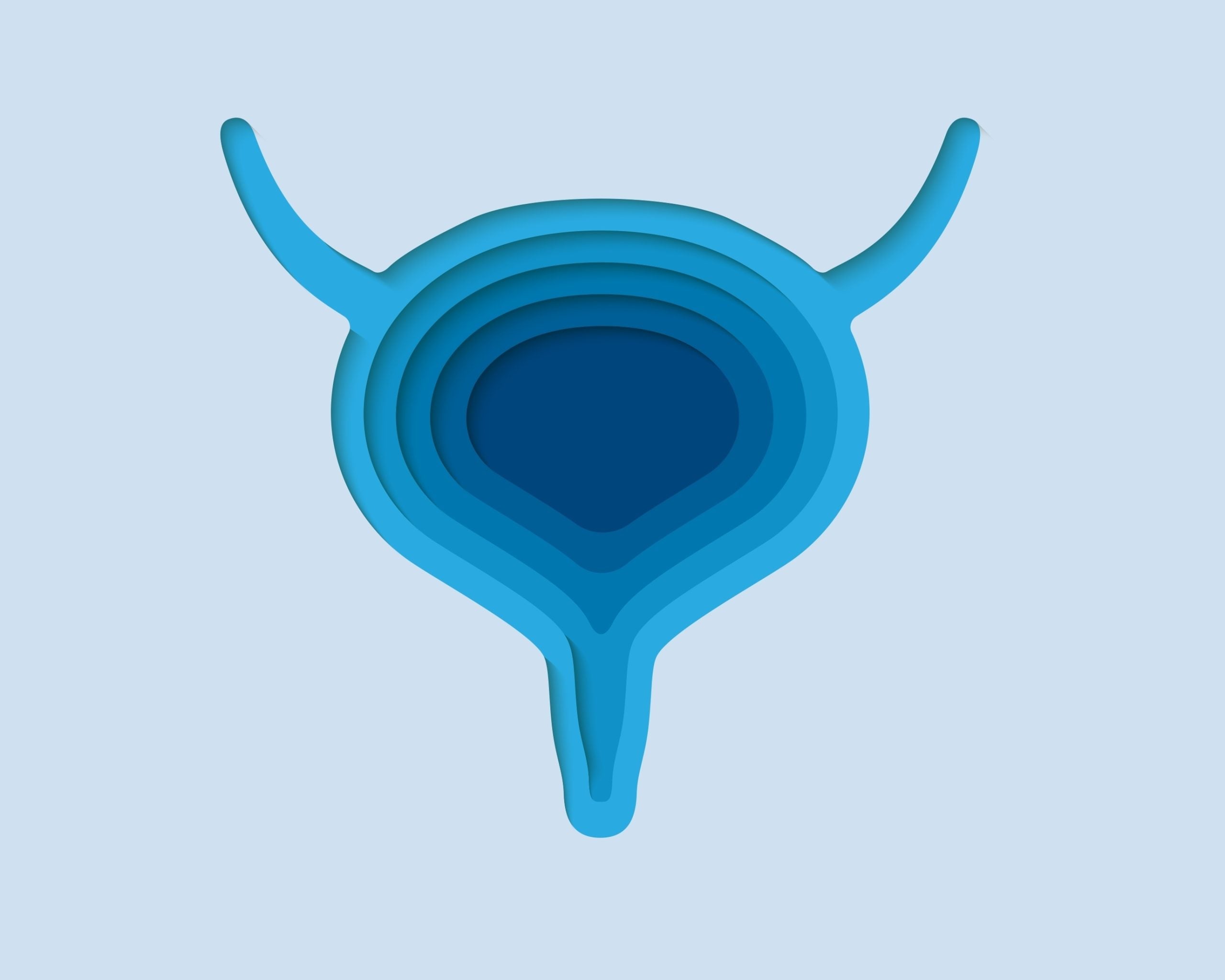
Pfizer and Astellas Pharma could soon see their leading antibody-drug conjugate Padcev (enfortumab vedotin) find wider use in early settings as a combo therapy for advanced bladder cancer in Europe.
The European Medicines Agency (EMA) will review an update to the marketing authorisation of antibody-drug conjugate (ADC) Padcev after Pfizer and Astellas reported trial results demonstrating that adding MSD’s Keytruda (pembrolizumab) boosted survival rates, last year.

Discover B2B Marketing That Performs
Combine business intelligence and editorial excellence to reach engaged professionals across 36 leading media platforms.
A Type II variation application is used when a major change to a marketing authorisation, which might impact the quality, safety, or efficacy of a medicine, is sought by the sponsor. The EMA validated the application for review on 26 January, according to a press release by the companies on the same day.
Padcev was originally approved for advanced and metastatic urothelial cancer patients in April 2022. If adjusted, Padcev and Keytruda would become a combo therapy for the first-line treatment of the same group of patients. A decision is expected by the European Commission (EC) sometime in 2024.
The EMA would be following in the suit of the US Food and Drug Administration (FDA), which approved the combo therapy for the same indication in December 2023. Padcev was originally granted accelerated approval as a monotherapy by the FDA in December 2019.
Padcev is a growing asset, earning $479m in the first three quarters of 2023 for Seagen. Additionally, Astellas reported sales of JPY 32.7bn ($221m) in the first half of FY2023. GlobalData estimates this will increase to $5.4bn by 2029.

US Tariffs are shifting - will you react or anticipate?
Don’t let policy changes catch you off guard. Stay proactive with real-time data and expert analysis.
By GlobalDataGlobalData is the parent company of Pharmaceutical Technology.
Results from the Phase III EV-302 clinical trial prompted the Type II variation application. The study, which enrolled 886 patients with advanced bladder cancer, found that adding Keytruda to the treatment regimen improved overall survival (OS) and progression-free survival (PFS) compared to platinum and gemcitabine chemotherapy.
The combo therapy produced a median OS of 31.5 months compared to 16.1 months in the chemotherapy arm. Padcev with Keytruda led to 12.5 months of median PFS, compared to 6.3 months with chemotherapy. In an October 2023 statement, the companies said the risk of death was reduced by 53%, compared to chemotherapy treatment.
There are more than 67,000 deaths each year due to bladder cancer. Pfizer and Astellas say that approximately 200,000 people in Europe are diagnosed with the disease each year.
Padcev was jointly developed by Astellas and US biotech Seagen. The pivotal trial is a result of a clinical collaboration between the two companies and MSD to explore the benefit of including Keytruda. Last month, Pfizer acquired Seagen in a $43bn deal – a takeover so big it attracted the interest, and eventual assent, of the US Federal Trade Commission.
Padcev works by targeting Nectin-4 – a cell surface protein highly expressed in bladder cancer.
While announcing the application, Pfizer’s chief development officer of oncology Dr Roger Dansey said: “The EV-302 pivotal trial demonstrated the benefits of combining Padcev with pembrolizumab for advanced bladder cancer.
“Patients with bladder cancer in Europe face poor outcomes at the advanced stage, and innovative therapies that extend survival are needed.”




